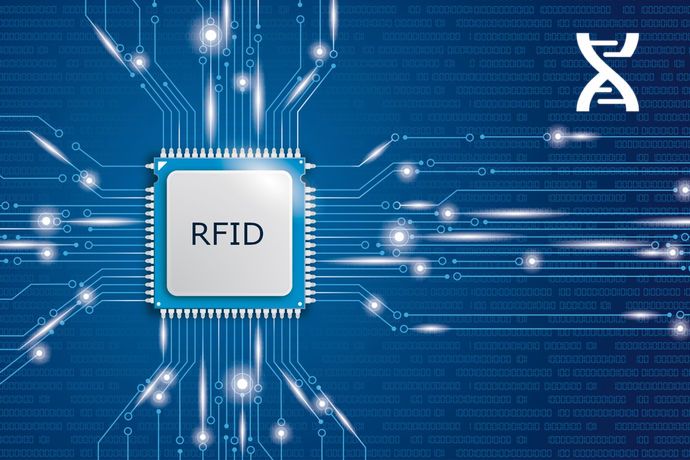RFID
A booming technology
After several years of testing, RFID (Radio Frequency Identification) technology is now gaining momentum in the retail sector. In a global study conducted by Kurt Salmon in 2018, nearly 70% of the 110 retailers surveyed said they had reached a significant level of adoption of this technology. This percentage was particularly high in North America, whereas in Europe, only 30% of respondents had launched its deployment. But given the challenges of omnichannel retailing, which requires better knowledge of inventory and improved customer service, the number of retailers using this technology is growing all the time.
Unrivalled efficiency
Often with a view to rapid ROI, RFID is first implemented in stores, where it performs multiple functions. Starting with inventories, which are carried out around 25 times faster than with barcodes, and therefore more often. Better stock knowledge means fewer out-of-stocks, more sales and higher turnover. But the chip can also act as an anti-theft device and help analyze consumer behavior in the store. Every tagged item is visible, geolocatable and permanently traceable. In warehouses, conveyors and tunnels, RFID readers are used to check the contents of parcels on receipt and dispatch, and the movements of items can be automatically recorded, again providing complete visibility of goods. Beforehand, companies will need to prepare for integration with existing WMS and ERP software, and organize the source tagging of all their items.



